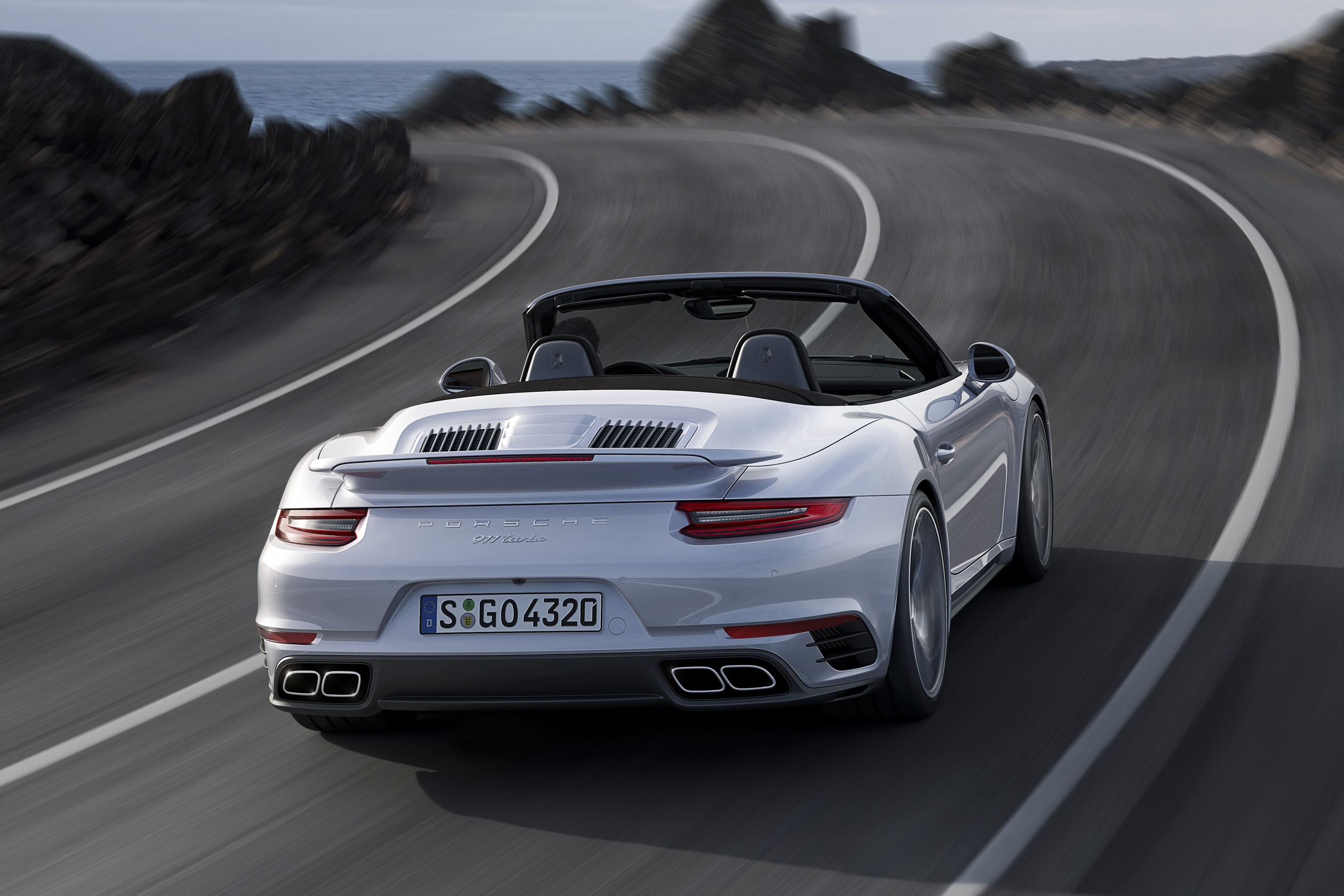Porsche has announced worldwide sales of 225,000 cars during 2015, beating the previous year’s all-time record by just under twenty percent. As with all Porsche sales releases, the opening gambit is that Porsche continues to “focus completely on building highly emotional sports cars” before confirming the Macan SUV as the biggest seller, with the Cayenne SUV in a close second place.
“The figures reflect the pulling power of our brand as well as the appeal of our products which we have launched on the market in the past few years,” says Dr. Oliver Blume, Porsche CEO, who then says that sales are not the primary measure of Porsche’s success. “What is much more important for us are customer enthusiasm, return on sales and secure jobs.”
Last year’s most enthusiastic customers were in China, where 58,000 car buyers committed to a new vehicle bearing the Porsche badge. China outperformed the USA by some 6,500 deals: the country was up 24% year-on-year, while America managed a 10% rise in the same period. Germany accounted for nearly 29,000 cars all on its own, part of a 24% rise in European sales.
Prolific Porsche Production
Think about 225,000 new Porsches hitting the roads in 2015. Add at least the same again in 2016 and the 190,000 cars Porsche delivered in 2014: a total of almost 650,000 cars sold in thirty-six months. Consider the brand’s future as part of the wider Volkswagen group strategy to rationalise its products and implement billions of Euros in platform sharing economies, driving higher unit margins as it regains market share and ask yourself just how long that historic badge can stay any way exclusive.
Porsche sold 32,000 911s in 2015: up 4% on 2014. Boxster/Cayman recorded a mere 1% increase. The 911 may go racing, but how long can the brand credibly claim that its primary business is sports car manufacture when five of every six cars on Porsche delivery trucks has three rear seat belts? When does the sports car connection lose relevance?
Do sports car buyers want Porsches?
Assuming sports cars still have a place in the world, has Porsche got what sports car buyers want? The cheapest Porsche sports car is a basic Boxster, with UK prices starting at £39,500 for a car without options. Porsche has reportedly abandoned plans to build a baby Boxster so there is no sign of a modern day 914. The decision has to be connected to brand strategy, as no doubt there is a market for a smaller Porsche roadster priced circa £30k and development would not cost a fortune. It is hard to believe that a compact roadster product line would have as negative an affect on long term 911 sales as 200,000 Audi-derived Porsche SUVs rolling off the lines every twelve months.
I enjoyed driving a fully loaded (Volkswagen Group) Seat Ibiza 1.2 TSI for two weeks in Spain last month. The driving position was perfect, controls all very slick and, try as I might, I could not get the sporty turbocharged hatchback to drink fuel at scary mpg. Put the same chassis & drivetrain in a roadster chassis with a sensible price tag and you have a capable MX5 competitor.
Whereas independent Porsche might have gone down the baby Boxster route, no one at Volkswagen is going to endorse a turbocharged 1.2-litre Porsche sports car. So buyers are left with the choice of spending £40k for the most basic Boxster versus MX5s starting at less than £20k. The Boxster has build quality in its favour, but the fun-to-drive Mazda is also well built and the latest model has just been lightened by more than 100 kilograms as part of a push for market dominance. A Seat Turbo roadster might take the fight to Mazda, but upmarket Porsche can’t attack the MX.
911: overpriced and overplastic
Over Christmas, I visited Porsche’s 991 online configurator and ended up with an orange 911 Carrera costing £85k with a reasonable but not excessive spec. Bearing previous 991 drives in mind and imagining the likelihood of ordering an £85k Carrera had I the means to do so, I couldn’t envision an enduring sense of occasion with a new VW-diluted 991 parked on the driveway.
Road testers rave about the latest 911, but how many of them will ever buy one brand new? And how much weight does press opinion truly carry in real-world buying decisions? Ownership costs have to make sense, as does brand positioning. Most new car buyers have no interest in WEC or motorsport activities, so much brand perception comes down to what people see on the roads. When mass public consciousness of Porsche’s place in the world can be summed up as a volume manufacturer of expensive SUVs, it is hard to see overwhelming positives for the sports car lines. I’m not saying they’re doomed, but there has to be a downside.
RIP David Bowie
David Bowie died this morning, so BBC 6 Music has been celebrating his remarkable impact all day. I once read an interview where Bowie spoke about meeting some kids who congratulated him on a passable cover version of Nirvana’s “Man who Sold the World”. “Fuck off you little tossers,” smiled Bowie, who wrote the song in 1970 but ended up reminding audiences of this when he performed it, after Nirvana’s cover became the more well known version amongst a new generation. Don’t mess with legends without doing your homework.


0 Comments